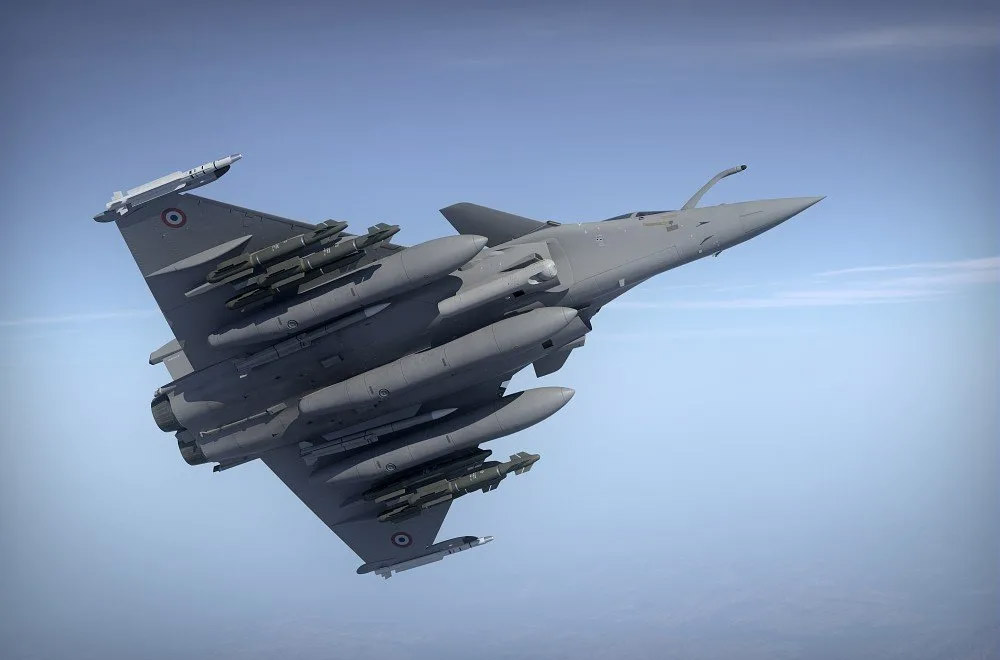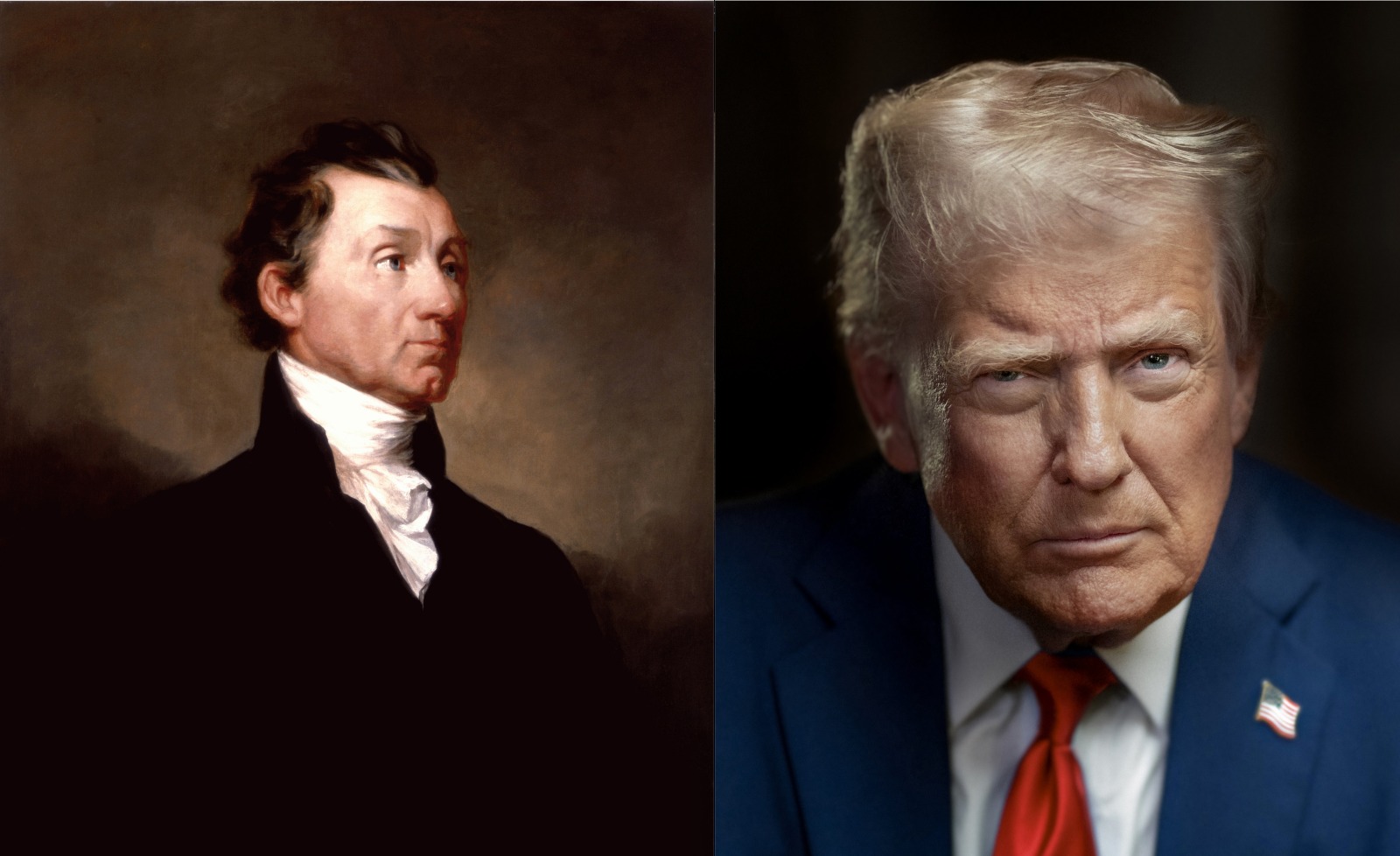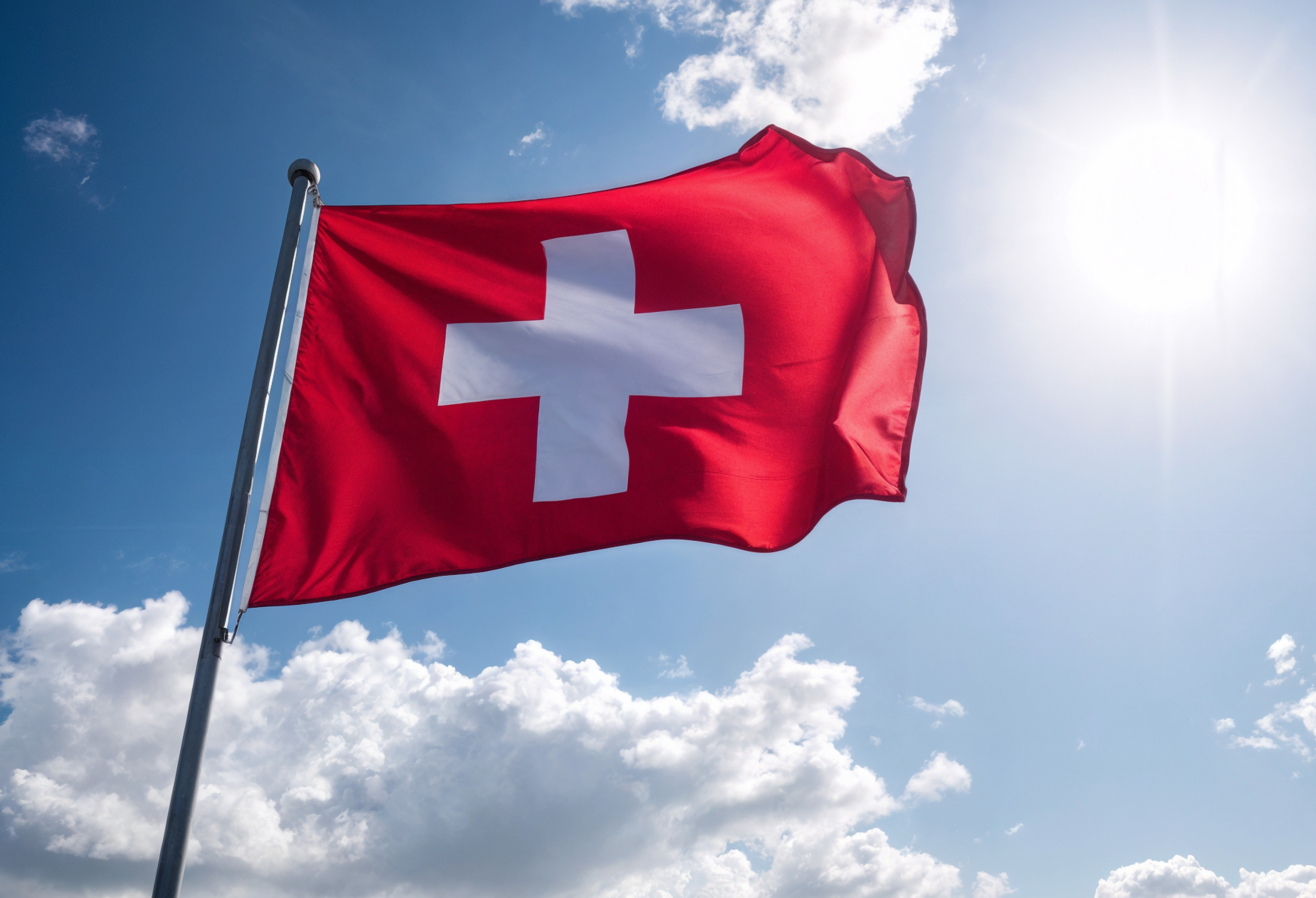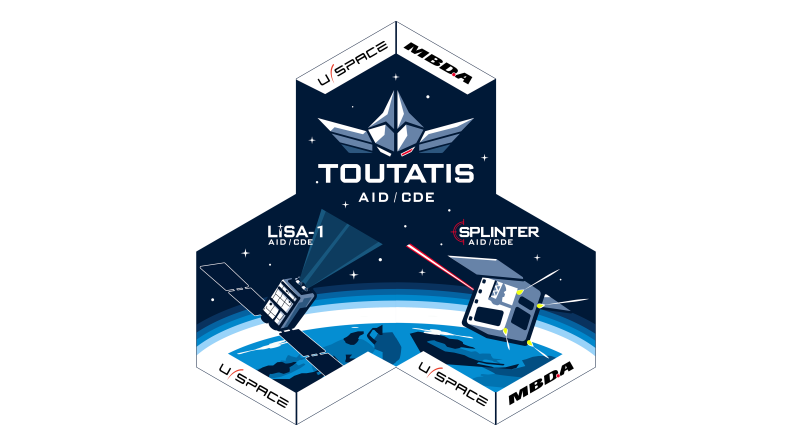Edition anglaise
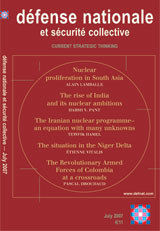
July 2007 - n° 699
Nuclear proliferation in South Asia - Alain Lamballe
Neither India nor Pakistan has signed the Nuclear Non-Proliferation Treaty or the Comprehensive Test Ban Treaty.By carrying out tests in 1998, they therefore violated no international agreement but dealt a severe blow to non-proliferation by inciting other countries, including Iran, to develop nuclear weapons. The purpose of India’s strike force is to deter China; Pakistan hopes that with a credible strike force it will be able to deter any major attack by India. The nuclear phenomenon is now firmly entrenched in the minds of all those on the subcontinent, where the arms race continues without let-up on all fronts: witness the many launches of ballistic and cruise missiles by both countries. And now that radical Islamist movements are showing an interest in nuclear weapons systems there is a risk of tipping from the rational to the irrational world, with all its attendant dangers.
The rise of India and its nuclear ambitions - Harsh V. Pant
India, an emerging world power, has relations with all the major powers, and is seen as an element of stability in the world balance. As a nuclear power, India’s aim is to compete with China for leadership of the Asia-Pacific region. In this article the author describes the coherence in its foreign policy, its deterrent strategy and its ambitions.
China, Japan and Taiwan: the tensions behind the smiles - François Danjou
Tokyo and Beijing are multiplying their gestures of goodwill to ease their relations. Yet this good-tempered diplomacy that Beijing mixes, without much success, with positive gestures regarding Taipei, will not be enough–far from it–to overcome recurring rivalry in North-East Asia. This goes to the heart of the rivals’ sense of identity and the way they see their place and role in the region. All the indicators suggest that neither Beijing, Tokyo nor Washington, even less Taipei, are ready to make the changes and concessions necessary to calm the tensions that still exist in the region despite the ending of the Cold War.
France and the Chinese presence in Africa - François Lafargue
Africa has gone Chinese. For the past ten years the People’s Republic of China has been building up its investments in Africa, where it is now a major player. Beijing’s policies have a negative effect on both France’s economic influence and its political role, which Paris has often had to accept with resignation. Nevertheless, at the last France-Africa summit, in February 2007, President Jacques Chirac described China’s engagement with Africa as positive. So should China really be considered a threat to our interests?
Myanmar-North Korea: an entente to be kept under scrutiny - Laurent Amelot
The restoration of diplomatic relations between Myanmar and North Korea is the result of a progressive, strategic process and a source of some anxiety to their Asian neighbours. It sends a negative signal to the international community, which will have to pay careful attention to the military aspects of this rapprochement.
The Iranian nuclear programme-an equation with many unknows - Tewfik Hamel
So, is Iran a threat or a victim? Although it has no previous history of aggression, Iran continues to disturb the international community with its nuclear programme, while declaring that it is under threat from its neighbours and the victim of propaganda. Yet why does a country with such large reserves of oil and gas need a nuclear industry? This question arose as long ago as the early 1970s, and it arises again today. The Shah was a ‘Gaullist’, Khomenei a Gaullist ayatollah, and today it is not the Ayatollah but the Gaullist posture that is the more disturbing. A Blairite ayatollah will surely suit Washington nicely.
Don't be too quick to condemn the Iraq war - Julien Mathonnière
The near-unanimous condemnation of the war in Iraq seems to have been built up as a genuine consensus on both sides of the Atlantic. The bad faith and hypocrisy of its detractors is breathtaking. It is as though no one had ever supported the intervention in the first place, which makes such intellectual (im)posturing all the more suspect. Although the Americans are not exempt from criticism, they are nevertheless not condemned to repeating the painful experience of Vietnam. Nothing is less like Vietnam than the Iraq war, starting with the armed forces operating there. Their power, versatility and flexibility are unquestionably the keys to the possibly successful democratisation of Iraq, no matter what the bellicose pacifists found among US Democrats and Europeans think. Moreover, it is very unlikely that American leadership will fade away between the Tigris and the Euphrates.
The situation in the Niger Delta - Étienne Vitalis
An energy issue for the United States and a political challenge for Europe, Nigeria is experiencing growing instability and is on the verge of civil war; the ecosystem and the population of the Niger Delta are the main victims. The State, corrupt, is powerless to contain the rising violence and redistribute the proceeds of oil sales. It is high time for oil-consuming countries, starting with the United States, to concern themselves with stabilising the region. Europe must contribute to the lasting development of this country.
The Revolutionary Armed Forces of Colombia at a crossroads - Pascal Drouhaud
The FARC is one of the best-armed guerrilla organisations in the world. It was recently at the centre of political events in Colombia when President Alvaro Uribe decided to release guerrillas held prisoner unilaterally. This was intended to open the way for dialogue that could lead to a humanitarian exchange with the group of 57 hostages held by the FARC, which includes former presidential candidate Ingrid Bétancourt.
Geostrategic ruptures: characteristics and predictability - Roberto Nayberg
Geostrategic ruptures have in common certain determining characteristics. An examination of three important moments in the history of French diplomacy (the reversal of the alliances of 1756, the forming of a triple entente in the early years of the twentieth century and the birth of the Federal Republic of Germany after the Second World War) shows that they follow a logical chain of events, and that such major decisions are a response to deep-seated needs.
Military administration and command: the inversion of a subordination - Jean-Michel Mantin
The equipment programme and army structures have not been the only areas affected by what it is usual to call ‘the peace dividend’. In the somewhat hidden world of military administration, the disappearance of the immediate threat of a major conventional conflict has also had marked consequences, not stated enough, that upset certain habits based on prudence and experience. The fundamental changes undertaken not having quite come to term, it seems useful to reiterate some organisational principles that are in danger of being forgotten. It is not by any means certain that the effectiveness of the Armed Forces and the safekeeping of the State’s interests will be improved by the changes being undertaken.
The Disunited States of Europe in today and tomorrow's world - Jean-Marie Le Breton
Disunited, the EU member states can only look on as the international situation deteriorates to their disadvantage because of the crisis in Iraq. The three pillars on which the old order rested–the UN with its rules on collective security, the Atlantic Alliance and the EU–have been seriously shaken. In particular, Europe has been notably absent from the restructuring of the international system, but not because it lacks the means: what is absent is Europe’s will to regain its place in the world. To reach that goal the only solution is to pool its forces; that alone will allow Europe to play its role in a world that becomes more multipolar with each day that passes.
An anti-terrorist penal strategy - Ziad Osman
The terrorist threat to international peace comes from ‘private’ networks–non-state cross-border groups. Presented with the numerous terrorist threats, in particular from the so-called Salafist al-Qaeda groups, France has armed itself with laws covering all forms of terrorism. This strategy is aimed at preserving internal peace and stability. In the absence of an international definition of terrorism generally accepted by the UN, France’s new penal code will be the first, in the fight against terrorism, to define the phenomenon as a serious crime in its own right. The important questions are what terrorism is in the eyes of the law, and how far France’s strategy will contribute to the fight against international terrorism.
Defence, a second chance - Gérard Lemoine
Each year some seven per cent of school leavers in France find themselves at great educational, social and professional disadvantage. The three different worlds, three different cultures, of the Armed Forces have come together to offer their experience, means and know-how to young people in an effort to halt the spiral of decline in which many are caught up. The EPIDe, a state organisation that grew out of nothing some two years ago, is beginning to produce results in this field. At a moment when a plan to help the ‘sensitive’ suburbs, the banlieues, has been announced, it seems interesting to take a first look at what this very worthwhile scheme has achieved.
Is the secon aircraft carrier a priority for France's defence? - Henri Pinard Legry
Is it reasonable for France to have a second aircraft carrier when its defence budget does not even come up to the NATO standard of 1.7 per cent of GDP? Will France give priority to this instrument that has had so much media coverage or decide to fill the serious gaps that raise questions over the operational effectiveness and credibility of its Armed Forces in equally essential areas such as unit training, strategic and tactical mobility and intelligence?


